Trinity and monotheism: answers to the most common questions
- News
- 20 Apr 2018
 How can we reconcile the Trinity with monotheism? «It is no more impossible to bring all the sea into this hole than what you are trying to do – comprehend the immensity of the mystery of the Holy Trinity with your small intelligence». St. Augustine heard this while he reflected on the mistery of the one and triune God.
How can we reconcile the Trinity with monotheism? «It is no more impossible to bring all the sea into this hole than what you are trying to do – comprehend the immensity of the mystery of the Holy Trinity with your small intelligence». St. Augustine heard this while he reflected on the mistery of the one and triune God.
If a mental giant received such a reprimand by the Lord, it is not surprising how little one of the greatest mistery of the Christian faith can be understood by us. The Christian theology seems sometimes complicated in the eyes of the world, less simple than Islamic monotheism. Yet, in my opinion, it is exactly this inconceivability to prove its truth.
Despite some attempts, some better than others, the Trinity remains a mystery. However, theology did not keep silent about this issue: from Irenaeus to Augustine, from John Scotus Eriugena to Thomas Aquinas, all the main Christian thinkers have addressed it, everybody giving a decisive and insuperable contribution. Some doubts may be clarified, also taking the cue from what is written by popular philosopher William Lane Craig in reply to the questions by a Muslim.
1) How can you philosophically reconcile the Trinity with monotheism?
The answer was already searched during the first centuries of the Christian Era, during the great councils of the Church: the persons of the Trinity are not three different divinities; since the first council, it has been affirmed that Father, Son and Holy Spirit are three divine persons of the same divine essence. The divine essence, that is his nature, is considered one and indivisible, but “in” it there are three persons, equal in all things, consubstantial (omoousioi, in Greek), distinct only as far as the relations amongst them are concerned. Just as from a flame may three different and separate flames may derive (but still originating from the same source), so the Trinity. Only the use of analogy can come close to the divine Mistery, because his essence exceeds us as much as the sky is distant from the sea, and even more.
2) Are the arguments on which the doctrine of Trinity is based philosophical or scriptural (that is based on Scripture)?
The answer is unambiguous: every argument for the Trinity is taken from Scripture and all the attempts to demonstrate rationally the Trinity, like that of Anselm of Canterbury, are unable to explain it properly. About the divinity of the Son and of the Holy Ghost, there are a lot of evangelical words, as much as the Old Testament prophecies. Not only during the Baptim of Jesus does an extraordinary manifestation of the Trinity take place, with the Spirit descending on the Son, but also Christ himself talks about it in many speeches (during the dialogue of the Last Supper, for example, in the John’s Gospel). Scripture expresses the idea of the indissoluble unity amongst the Son, the Father and the Holy Spirit; the latter is the seal of the deep communion amongst the divine persons. If the whole New Testament should not suffice, the dissertations by the Fathers of the Church will be able to answer any question.
3) If the arguments for the Trinity are based on Scripture, why should you not doubt the Bible infallibility, like with other issues like dates, numbers etc.?
In this case it is necessary to make very precise distinctions. The Second Vatican council teaches that the author of the Holy Bible is God himself and that He inspired some men (cf. Dv n.11). These authors were not brushes in the hand of God Most High, but, in full possession of their faculties, they wrote as men of their time, with the mentality and the understanding of reality typical of the their day. For this, inside the Old Testament we find statements, accounts and descriptions that today cause much scandal. For the New Testament the reasoning is different: authors describe the life of the Messiah, reporting what the apostles heard from his very lips. They are reliable accounts of what Jesus himself taught, as claim the main scholars who investigated their historical authenticity.
I propose a reflection to those who consider the Trinity an invention of early Christianity: the purpose of all religions and of their holy books, including the Christian ones, is to give a satisfactory answer to the need for God which is present in the human heart. However, in the Gospels, you find an unprecedented factor: the “founder” of this religion and the leaders of the first community are put in a bad light. Not only do the apostles flee disappointed at the moment of the arrest of Jesus and deny him, but Jesus himself – the Messiah annunced by all the Prophets, the descendant of David, the future King of kings – gets condemned and put on death! A really bad publicity, we would say. Yet, this was the Revelation that God decided deliver to men.
Why, then, should the apostles and disciples have included in their sacred texts such a theological complication as a God subsisting in three persons? Were the problems they encountered not enough? Finally, how could these fishermen, devoid of any theological education, invent something like that, if it is so complicated to conceive such truth also for us, contemporary men full of every theological knowledge? The best explanation is that the mistery of Trinitiy – for those who believe – is one of the teachings that God himself wanted to give men to help them better understand His person.



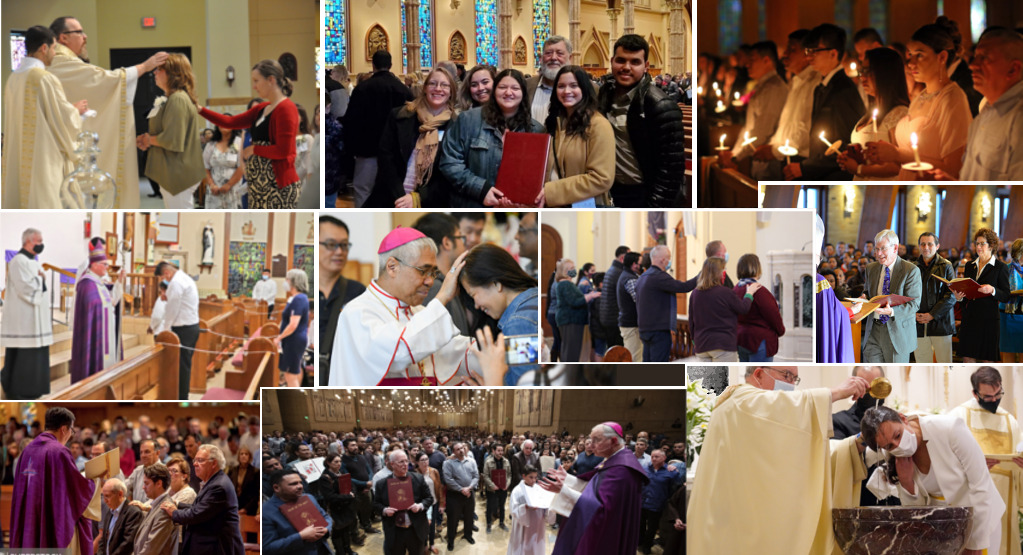
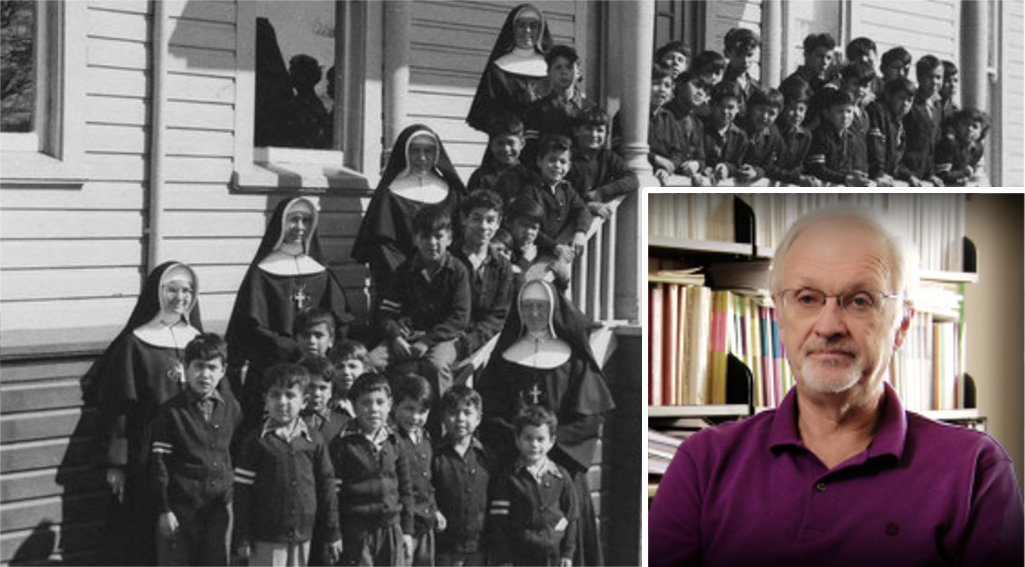
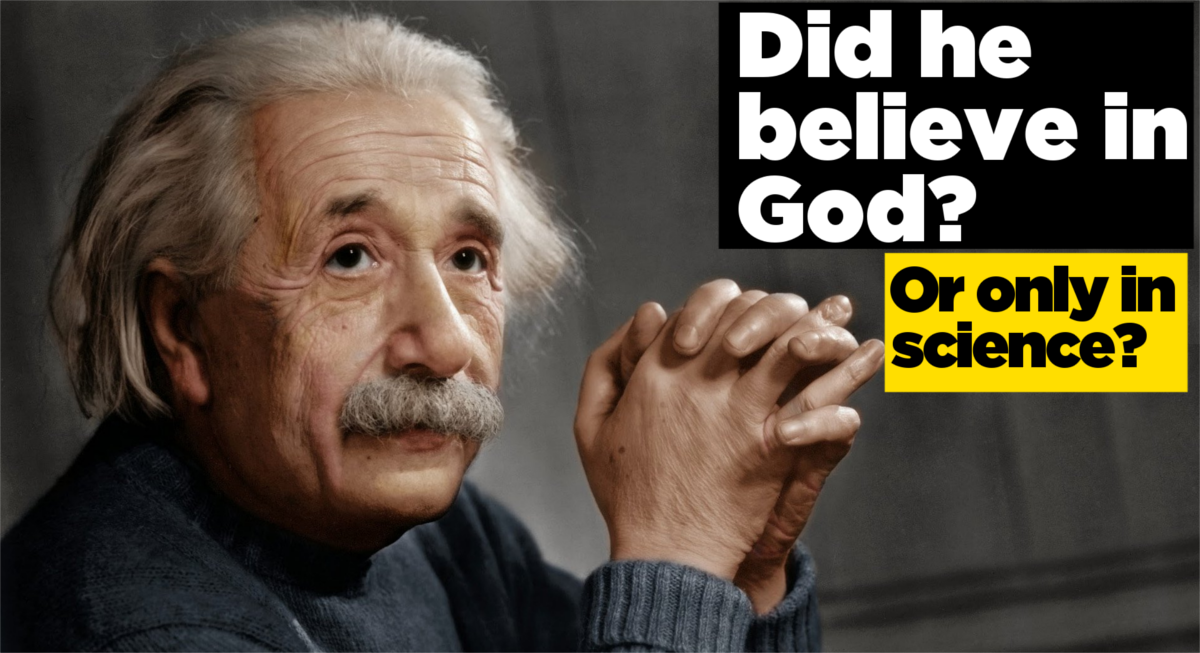
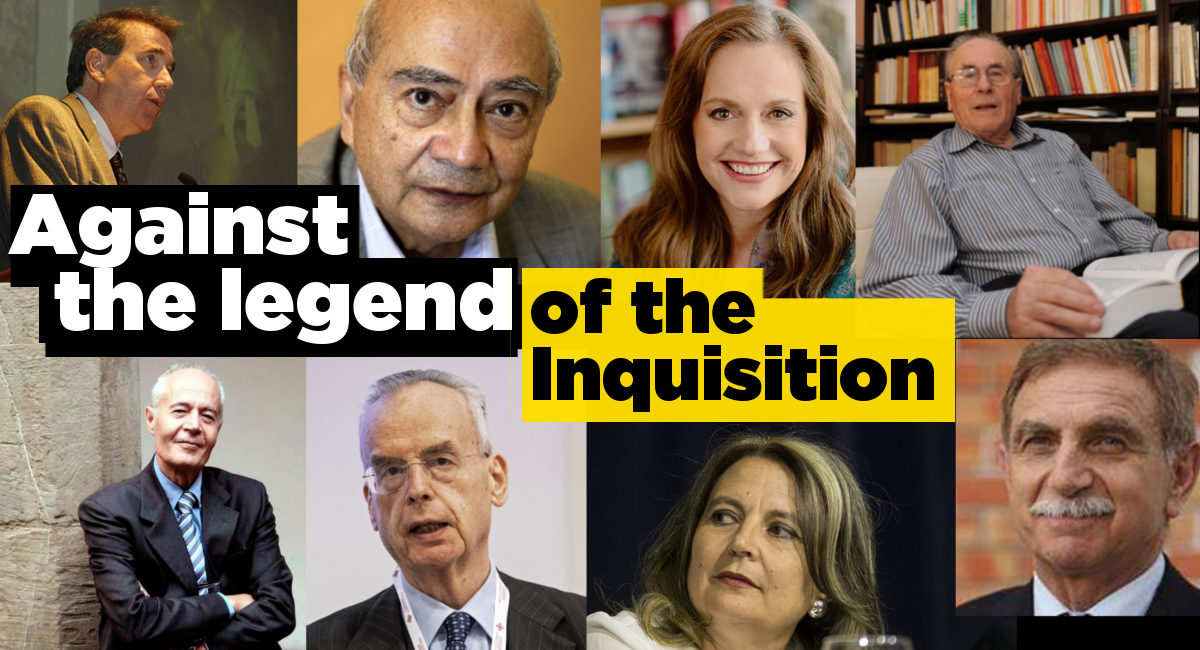
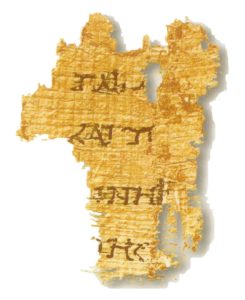
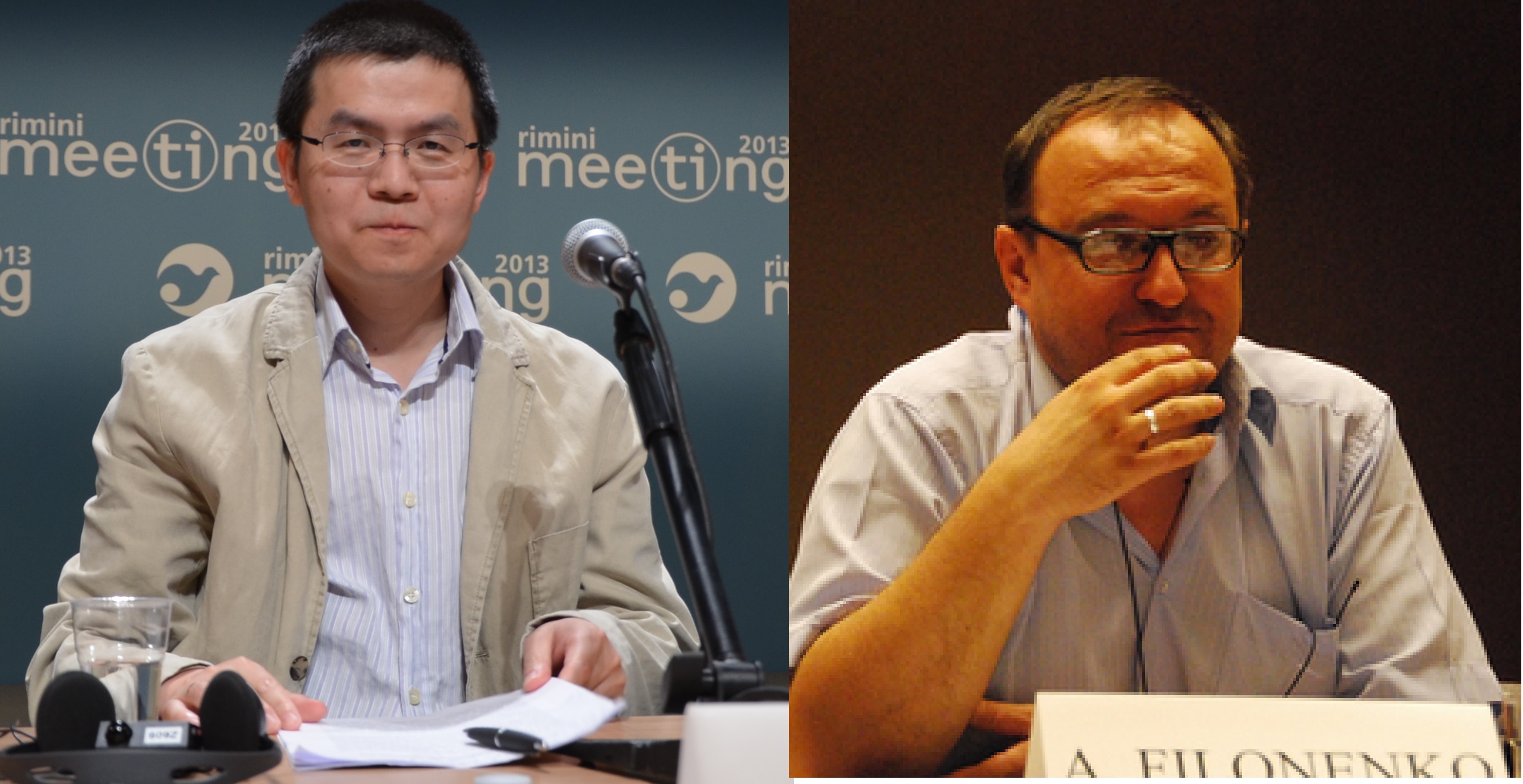
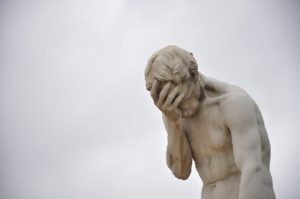
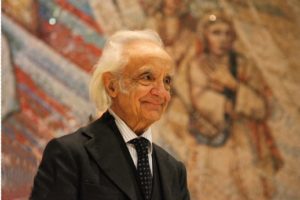


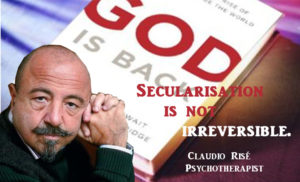

0 commenti a Trinity and monotheism: answers to the most common questions